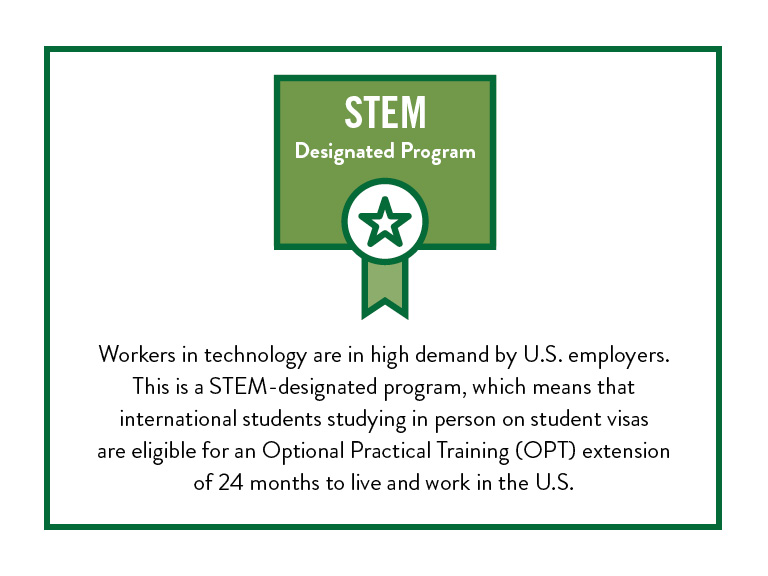Why Choose Environmental Science?

Our Environment Matters
Environmental issues are some of the most important challenges facing the planet today. As our human population grows and technology advances, pressure increases on earth’s natural systems. We struggle with:
- Air, water and soil pollution
- Global warming
- Diminishing natural resources
- Waste disposal
- Climate change
- Deforestation
- Ecosystem and wildlife extinction
Metropolises like New York face unique problems. High population density and greenhouse gas emissions contribute to large scale pollution and sometimes illness. This is especially true in our home borough of The Bronx.
Career Opportunities
Environmental science is an exciting field where science is used to serve society. As environmental issues increase, there is also an increased demand for jobs in this field. According to the Bureau of Labor Statistics, jobs in this field are projected to grow 15% from 2012 to 2022. This is faster than the average for all occupations. In fact, many “green” jobs that are in demand today didn’t exist 10 years ago.
Hands-On Learning
As an environmental science student, you’ll get the chance to work with experts in the field both on and off campus. You will work closely with a faculty adviser on planning a course of study that meets your goals. You also will be encouraged to pursue an independent research project.
Manhattan University is home to the Center for Urban Resilience and Environmental Sustainability (CURES) which works to:
- Support research in the environmental science field
- Bring speakers to campus to promote discussion
- Partner with local outreach organizations
- Promote urban resilience, sustainability and environmental justice
CURES also hosts a summer internship in urban agriculture. Students learn about urban farming by maintaining the University’s rooftop garden on the Broadway parking garage.
Off-campus, environmental science students have interned with organizations and departments such as:
- New York City Department of Parks & Recreation
- U.S. Department of Agriculture
- Groundwork Hudson Valley
- Environmental consulting firms
- County health departments
- Drinking water plants
- County conservation districts
- Botanical gardens and zoos
Visit Campus
Request Information